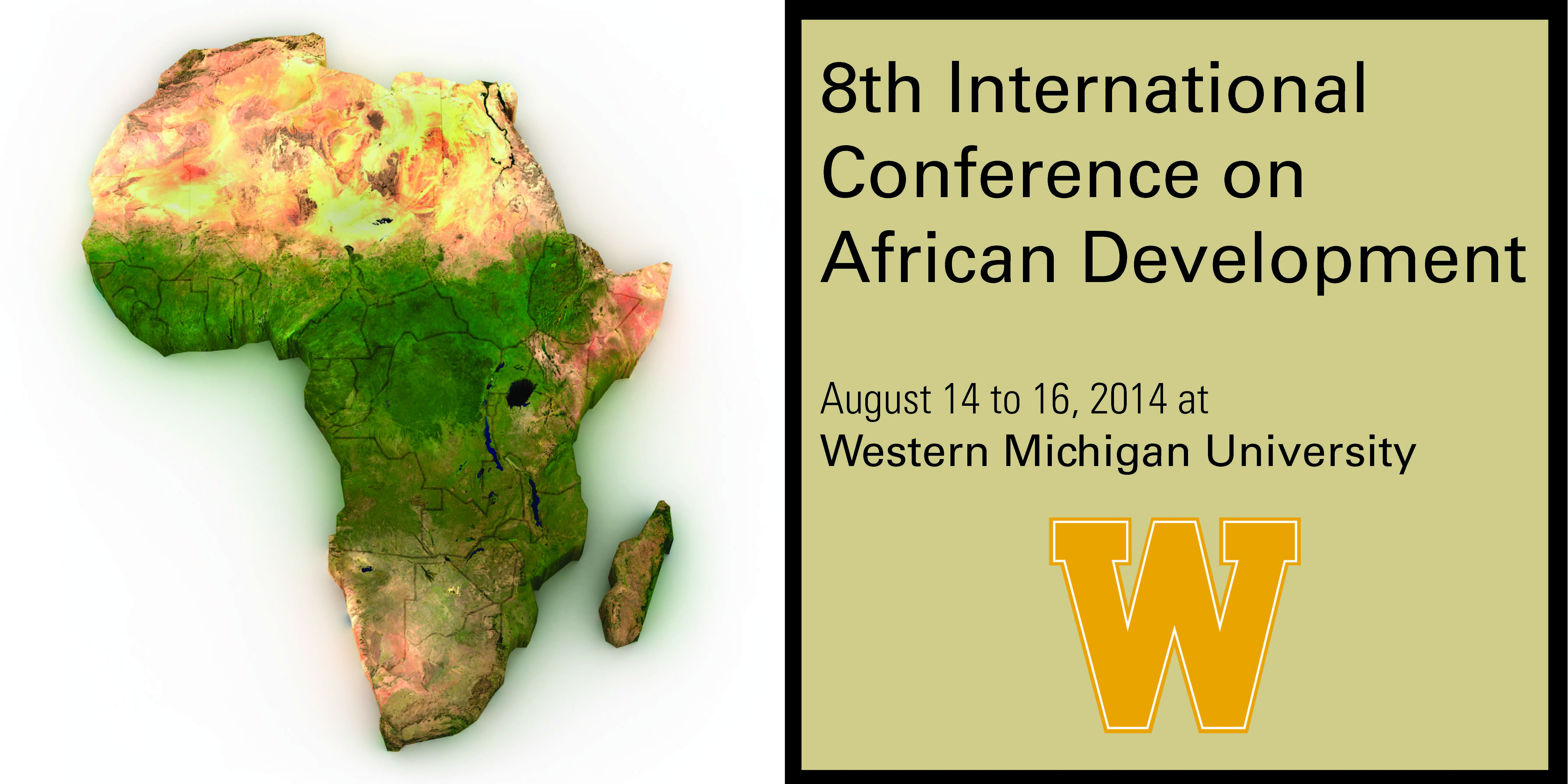
Governance as Conventional Wisdom
Presenter's country
United States
Start Date
August 2014
End Date
August 2014
Submission type
Presentation
Abstract
As noted by Kaufmann ‘governance’ is a set of traditions and institutions by which authority in a country is exercised including how governments at national and local levels are selected, monitored and replaced, including their capacity to formulate and implement sound policies, provide public services, and gain the respect of citizens and institutions that determine economic and social interactions. (Kaufmann 2010) What we scrutinize here is the fact that the traditions and institutions comprising ‘governance’ rely to a great extent on Conventional Wisdom (CW). In fact the definitions of ‘governance’ and ‘conventional wisdom’ are strikingly similar. Herein we describe the reliance on CW in global governance, show how this reliance is not representative of the actual state of affairs, identify principles of basic research and specific research projects that may mitigate this reliance, and discuss areas in which such research might benefit good governance initiatives. To do this we focus on CW about potential threats in political, policy, intelligence, and other domains. Until now there have been few empirical studies addressing the spread, common features, or differences of precautionary preoccupations across ecologies. In our view this is because the understanding of potential danger (among other things) is believed to be satisfactorily understood based on CW in the form of intuitive explanations. We suggest that a new wave of interdisciplinary research on human behavior tendencies, grounded in cognitive, evolutionary, and economic sciences is crucial for mitigating the inimical reliance on CW.
Keywords
governance, conventional wisdom, policy, potential danger, evolution, cognitive psychology, basic research
Governance as Conventional Wisdom
As noted by Kaufmann ‘governance’ is a set of traditions and institutions by which authority in a country is exercised including how governments at national and local levels are selected, monitored and replaced, including their capacity to formulate and implement sound policies, provide public services, and gain the respect of citizens and institutions that determine economic and social interactions. (Kaufmann 2010) What we scrutinize here is the fact that the traditions and institutions comprising ‘governance’ rely to a great extent on Conventional Wisdom (CW). In fact the definitions of ‘governance’ and ‘conventional wisdom’ are strikingly similar. Herein we describe the reliance on CW in global governance, show how this reliance is not representative of the actual state of affairs, identify principles of basic research and specific research projects that may mitigate this reliance, and discuss areas in which such research might benefit good governance initiatives. To do this we focus on CW about potential threats in political, policy, intelligence, and other domains. Until now there have been few empirical studies addressing the spread, common features, or differences of precautionary preoccupations across ecologies. In our view this is because the understanding of potential danger (among other things) is believed to be satisfactorily understood based on CW in the form of intuitive explanations. We suggest that a new wave of interdisciplinary research on human behavior tendencies, grounded in cognitive, evolutionary, and economic sciences is crucial for mitigating the inimical reliance on CW.

